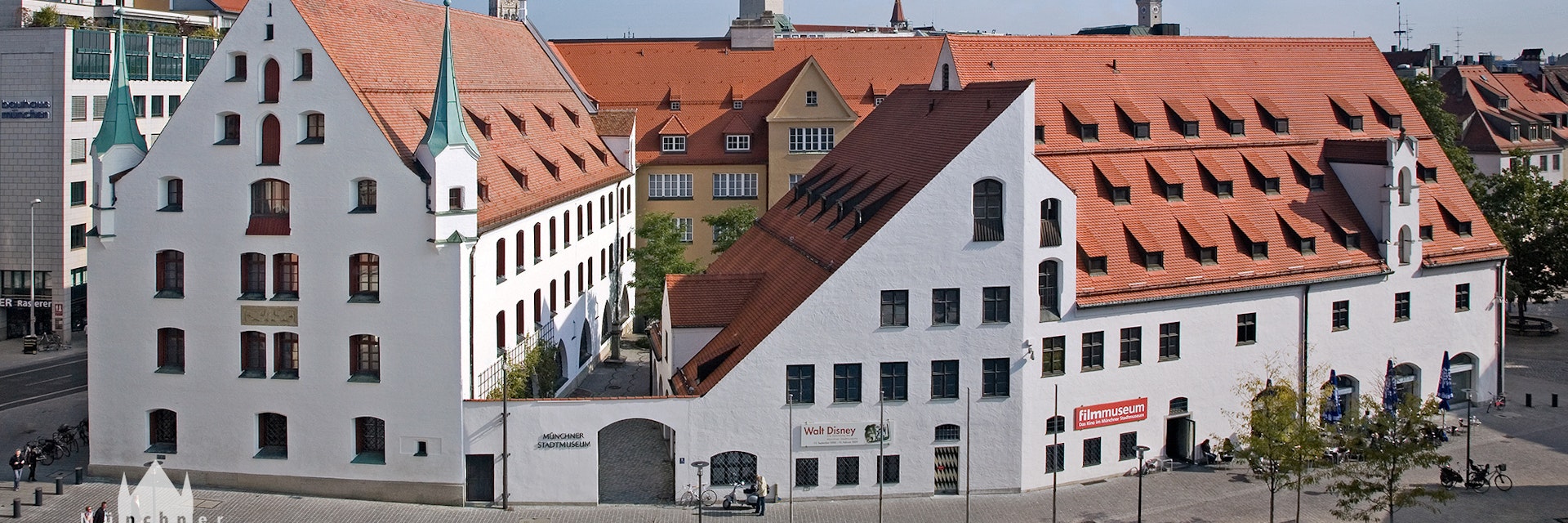Installed for the city's 850th birthday (2008), the Münchner Stadtmuseum's Typisch München (Typically Munich) exhibition – taking up the whole of a rambling building – tells Munich's story in an imaginative, uncluttered and engaging way. Exhibits in each section represent something quintessential about the city; a booklet/audioguide relates the tale behind them, thus condensing a long and tangled history into easily digestible themes.
Set out in chronological order, the exhibition kicks off with the monks who founded the city and ends with the postwar-boom decades. The first of five sections, Old Munich, contains a scale model of the city in the late 16th century (one of five commissioned by Duke Albrecht V; the Bayerisches Nationalmuseum displays the others), but the highlight here is the The Morris Dancers, a series of statuettes gyrating like 15th-century ravers. It's one of the most valuable works owned by the city.
Next comes New Munich, which charts the Bavarian capital's 18th- and 19th-century transformation into a prestigious royal capital and the making of the modern city. The Canaletto View gives an idea in oil paint of how Munich looked in the mid-18th century, before the Wittelsbachs (the German noble family that ruled Bavaria) launched their makeover. The section also takes a fascinating look at the origins of Oktoberfest and Munich's cuisine, as well as the phenomenon of the 'Munich Beauty' – Munich's womenfolk are regarded as Germany's most attractive.
City of Munich examines the weird and wonderful late 19th and early 20th century, a period known for Jugendstil (art nouveau) architecture and design, Richard Wagner, and avant-garde rumblings in Schwabing. In this era, Munich became known as the 'city of art and beer', a title that many agree it still holds today.
The fourth hall, Revue, becomes a little obscure, but basically deals with the aftermath of WWI and the rise of the Nazis. The lead-up to war and the city's suffering during WWII occupy the Feuchtwangersaal, where a photo of a very determined Chamberlain stands next to the other signatories to the 1938 Munich Agreement, which created parts of Czechoslovakia to Nazi Germany. This is followed by a couple of fascinating rooms that paint a portrait of the modern city, including nostalgic TV footage from the last 40 years.
Though the Typical Munich exhibition touches on the period, the rise of the Nazis has been rightly left as a powerful separate exhibition called Nationalsozialismus in MĂĽnchen. This occupies an eerily windowless annexe.








